It's no surprise that coffee is one of the most popular drinks in the world. Science has shown that drinking coffee is associated with a number of benefits.
In addition to boosting alertness, drinking coffee can support heart health, boost metabolism, and reduce the risk of chronic diseases. This is largely due to the fact that black coffee is rich in bioactive compounds, including anti-inflammatory antioxidants.
Today, there is growing evidence that timing plays an important role in reaping the health benefits of coffee.
When is the best time of day to drink coffee?
The best time of day to drink coffee will depend on the individual and their schedule. However, for those who work 9-to-5 hours, morning is the ideal time, according to experts.
Drinking coffee can bring many health benefits, but you should not drink too much (Photo: CNN).
“The best time to drink coffee is mid- to late-morning, usually around 9:30 to 11:30 a.m.,” Dr. Raj Dasgupta, a sleep physician, told TODAY.com, adding that people should drink coffee about one to three hours after waking up.
And the healthiest coffee appears to be hot brewed coffee, filtered from lightly roasted coffee beans, without added cream or sugar.
“Physiologically, mid-morning coffee is better,” says Julia Zumpano, a dietitian at the Cleveland Clinic's Center for Human Nutrition.
Benefits of drinking coffee mid-morning
Experts say that drinking coffee in the morning has several benefits.
Stay alert and improve your mood
Caffeine is a stimulant, so it speeds up everything in your body and brain. “It makes you more alert, more aware, and a little more energetic,” says Zumpano.
Drinking coffee between 9:30 and 11:30 a.m. can help you overcome the mid-morning slump. Caffeine can improve cognitive function as you start your day and boost exercise performance before a morning workout.
Coffee can also improve mood because caffeine stimulates dopamine, a neurotransmitter linked to pleasure and motivation.
Adults can consume up to 400mg of caffeine per day.
Cardiovascular health
A morning cup of coffee may also have physical health benefits. A new study finds that drinking coffee before noon reduces the risk of heart disease and death compared to drinking coffee in the afternoon or evening.
In a study published in the European Heart Journal in February, researchers looked at the timing of coffee drinking and its association with mortality in 42,000 adults in the United States between 1999 and 2018.
The results showed that people who drank coffee - with or without caffeine - between 4am and 12pm had a 16% lower risk of death from any cause than those who did not drink coffee, and a 31% lower risk of heart disease.
However, these same benefits were not seen in people who drank coffee all day long. If you drink coffee in the afternoon, it won't harm you, but you won't get those benefits.
Cortisol levels
Experts note that drinking coffee between 9:30 and 11:30 a.m., or about one to three hours after waking up, is also better for cortisol levels.
“This is when your natural cortisol levels start to decline after peaking shortly after waking up,” says Dr. Dasgupta. Cortisol, also known as the stress hormone, increases when we wake up to help us feel more alert.
“It peaks 30 to 60 minutes after you wake up, and then starts to decline as the day goes on, so ideally you want to drink coffee around that time. Depending on the person, it can take up to four hours for cortisol to decline,” says Zumpano.
Anti-inflammatory
Many of the benefits of coffee come from antioxidants, which can help fight inflammation, improve insulin sensitivity and reduce the risk of heart rhythm disorders.
New research suggests that some inflammatory markers in the body have a circadian rhythm, meaning they are highest in the morning. “Therefore, the anti-inflammatory effects of coffee consumption concentrated in the morning may be more beneficial,” the researchers write in the European Heart Journal.
In the morning, due to circadian rhythms, we absorb antioxidants much better than in the afternoon.
Affects sleep
Drinking coffee in the mid-morning is less likely to disrupt sleep, which is important for overall health. Since caffeine is a stimulant, it can make it harder to fall asleep.
“It takes about five to six hours for your body to eliminate half of the caffeine you consume, meaning half of that caffeine is still circulating in your body hours after consumption,” says Dr. Dasgupta.
Caffeine blocks adenosine, a brain chemical that helps promote sleep. Normally, adenosine builds up in your brain while you’re awake, leading to drowsiness. If you drink coffee too late in the day, it can slow your ability to fall asleep, reduce your total sleep time, and reduce deep sleep and REM sleep.
You can drink coffee during or after breakfast (Photo: Shutterstock).
How long should you wait to drink coffee after waking up?
Experts recommend drinking coffee at least an hour after waking up, if possible. “If you drink coffee right after waking up, you’re piling caffeine on top of your already high cortisol, which can increase jitteriness and reduce the cognitive effects of caffeine,” says Dr. Dasgupta.
Ideally, you should drink coffee with or after breakfast. Drinking coffee on an empty stomach can cause side effects for some people. It can increase stomach acid, leading to acid reflux or discomfort.
Caffeine can increase stomach motility. It is also a diuretic, which means it can increase urine output.
When is it too late to drink coffee?
“A good rule of thumb is to stop drinking caffeine at least 6 to 8 hours before bedtime. So if you want to be asleep by 10 p.m., you probably shouldn’t drink coffee after 2 p.m.,” says Dr. Dasgupta. Also, consider switching to decaffeinated coffee later in the day.
People who are more sensitive to caffeine may need to stop drinking coffee sooner. If you have trouble sleeping, consider your caffeine intake and talk to your doctor.
Source: https://dantri.com.vn/suc-khoe/chuyen-gia-tiet-lo-thoi-diem-uong-ca-phe-tot-nhat-trong-ngay-20250813103912138.htm





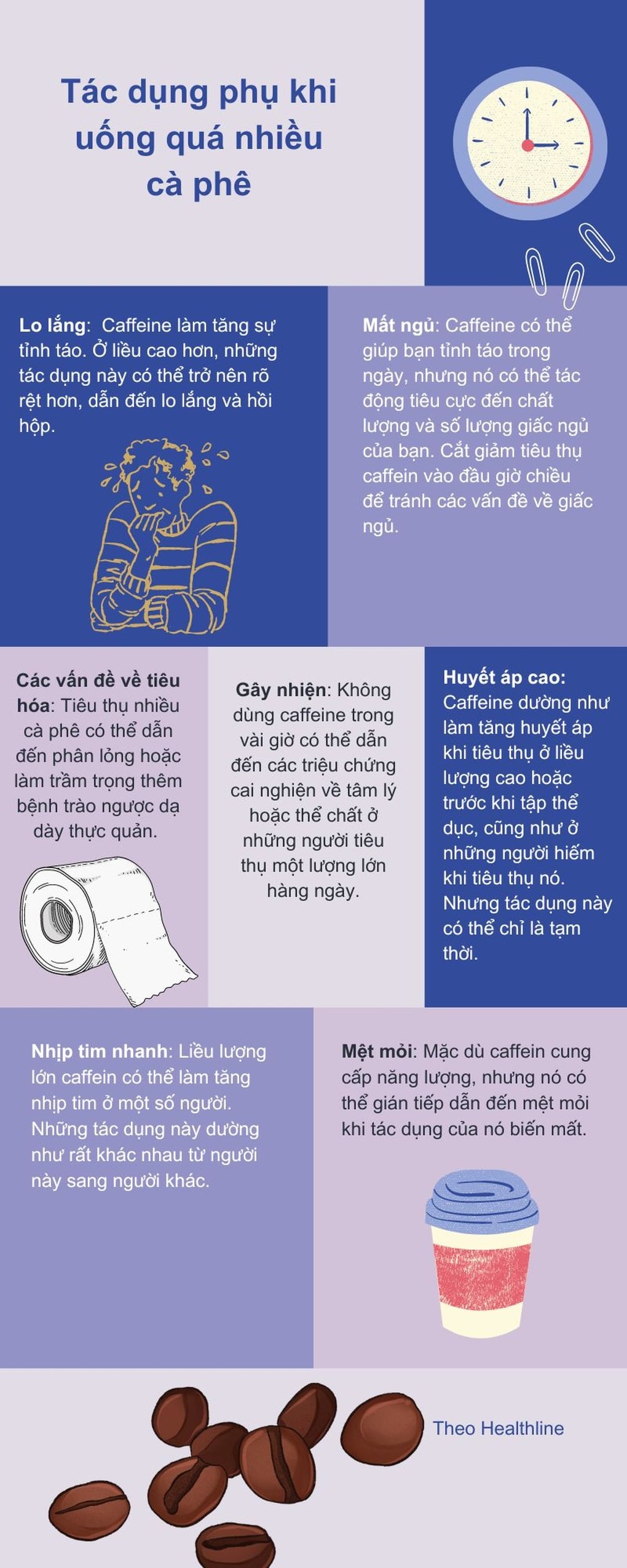
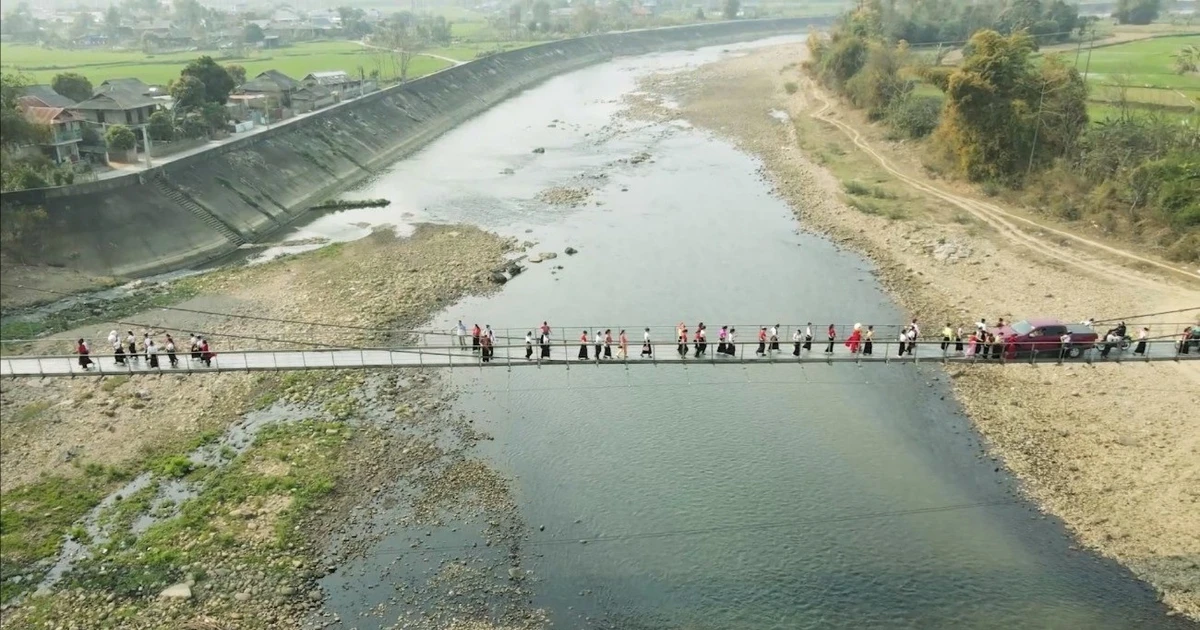




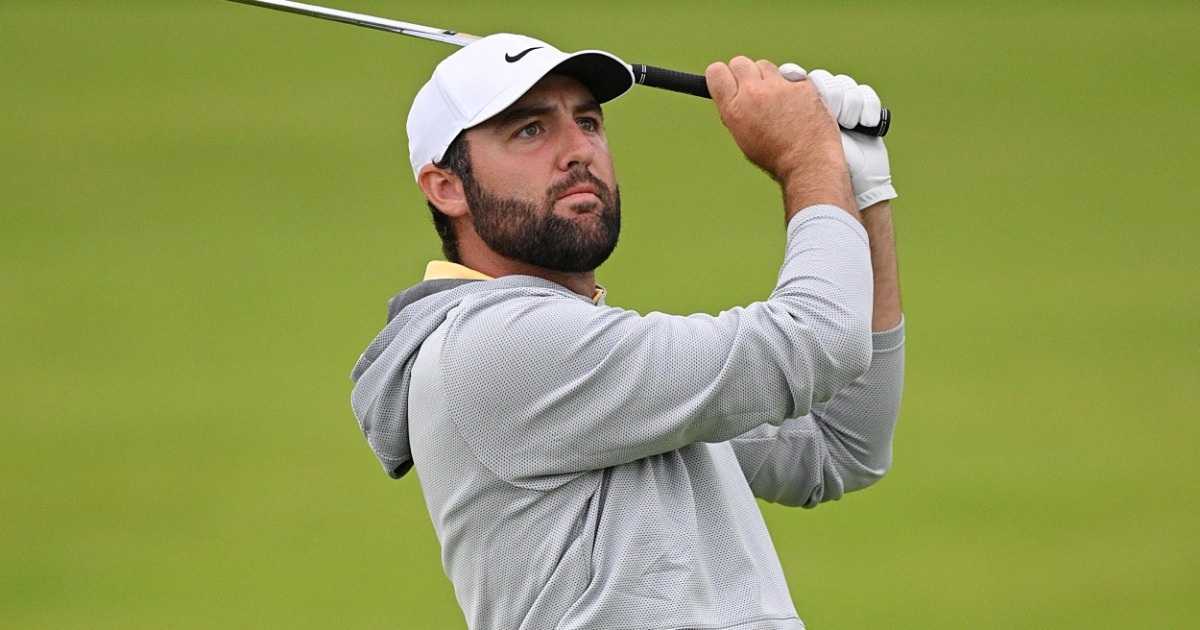
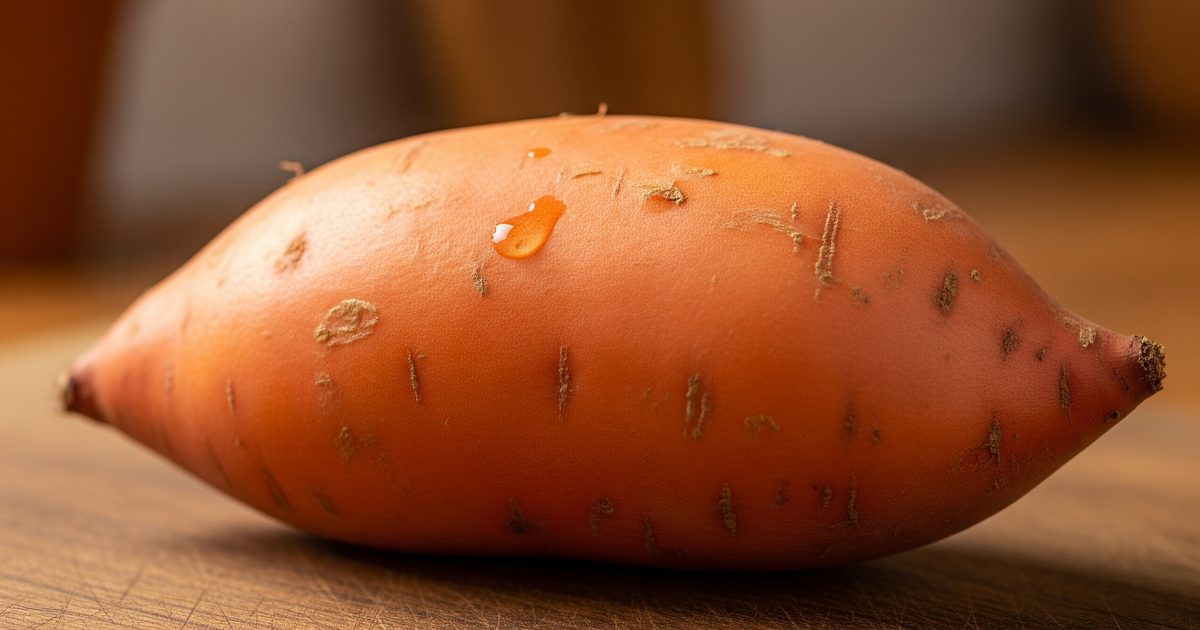

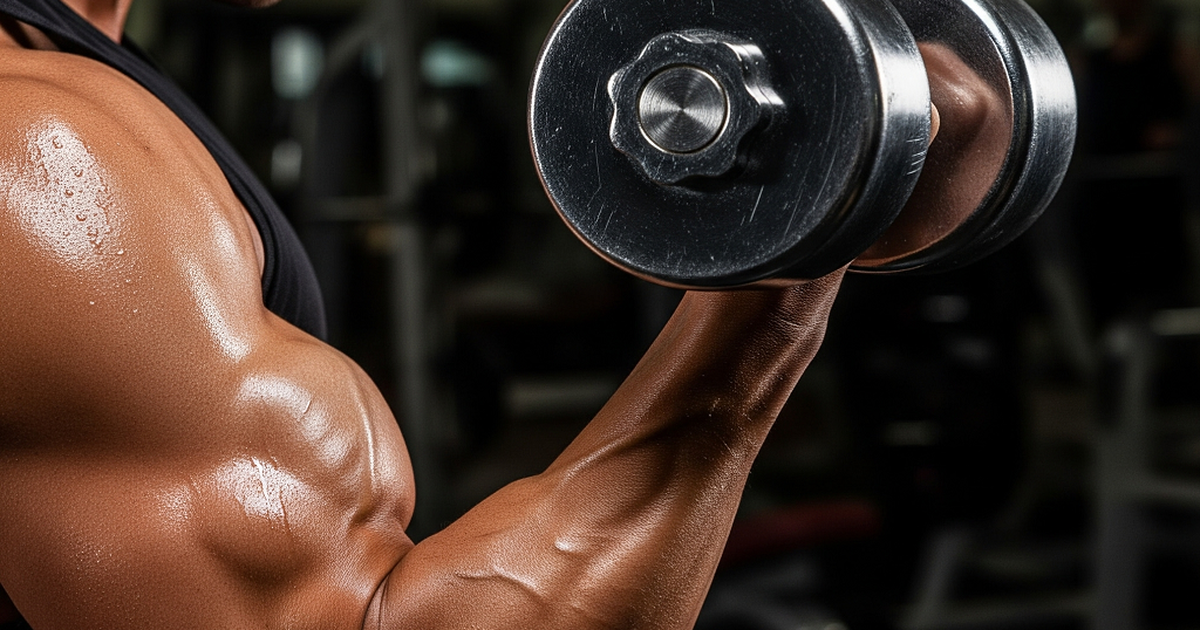
















![[Photo] An Phu intersection project connecting Ho Chi Minh City-Long Thanh-Dau Giay expressway behind schedule](https://vstatic.vietnam.vn/vietnam/resource/IMAGE/2025/8/21/1ad80e9dd8944150bb72e6c49ecc7e08)


































![[Photo] Politburo works with the Standing Committee of Hanoi Party Committee and Ho Chi Minh City Party Committee](https://vstatic.vietnam.vn/vietnam/resource/IMAGE/2025/8/21/4f3460337a6045e7847d50d38704355d)

































Comment (0)